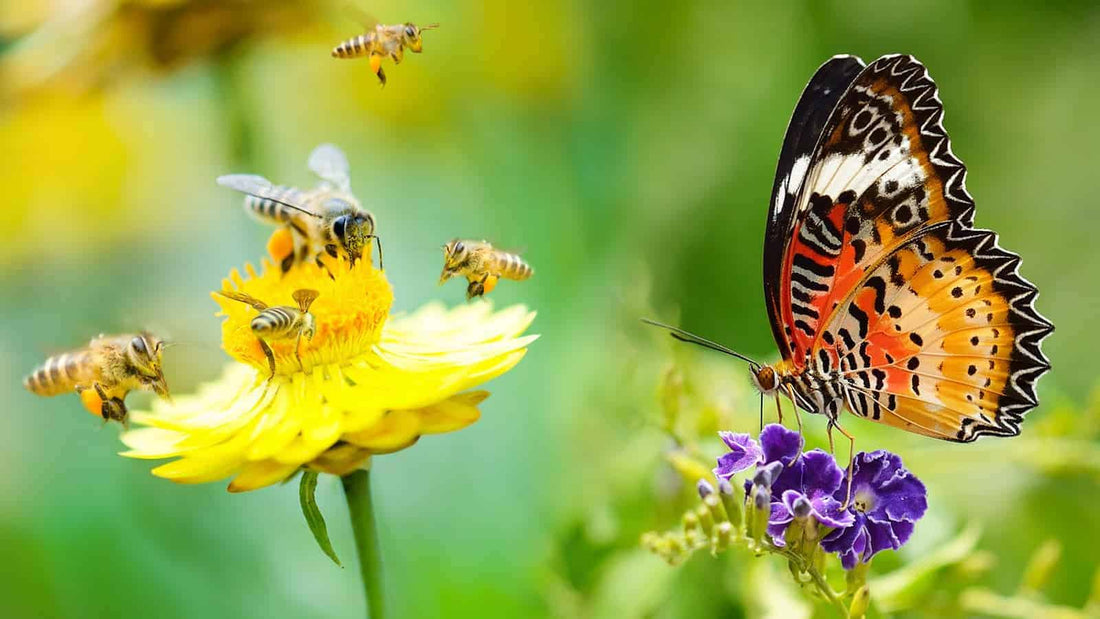DEFRA's (Department for Environment, Farming, and Rural Affairs) recent decision to approve neonicotinoid, a bee-killing pesticide, has been heavily criticised by environmental groups and charities. Due to the killing of sugar beet crops by aphids in recent years, British Sugar applied for an exemption to permit the banned pesticide. George Eustice, the environment secretary, has permitted the temporary use of neonicotinoid thiamethoxam despite its effects on bees. Eustice has allowed its use on the condition that farmers do not grow flowering plants for 32 months after the sugar beet crop to reduce the risk to bees and other pollinators. However, environmental charities such as the RSPB and Friends of the Earth have condemned the decision.
Neonicotinoids were banned in 2018 across the EU and UK due to their harmful impacts on bees. The pesticide inhibits bees' abilities to navigate and forage and just a single exposure to the pesticide in the bees' lifetime could damage its ability to reproduce healthily. The pesticide affects the bee by binding to its receptors in the central nervous system which causes overstimulation of their nerve cells, paralysis, and death. Whilst DEFRA are claiming the decision is based on scientific assessment that contains measures to protect wildlife, campaigners are criticising the government for not taking proper action to assess the safety of pesticides before approving them.
DEFRA are making this move as farmers have suffered from reduced crop yields on their sugar beet crops and post-Brexit, farmers will require more subsidisation to make up for EU losses. However, as with any pesticide, it is important to remember that a minimal amount ends up in the plant. With neonicotinoids, only 5% of the pesticide will end up in the sugar beet, the rest will end up in the soil which will have a dangerous ripple effect on plants and animals. Pesticides in the soil can be lethal to animals and insects that live or eat from the fields and the long-term effects of pesticides can have far-reaching consequences for human health as chemicals end up in our water system.
This decision is a disappointing decision from the government who are not taking enough action on climate change as is required of them. This February, plants are flowering a month earlier than in 1980s, with spring bulbs like snowdrops visible as early as late January. This is due to the rise in global temperatures which will continue to rise unless the government takes immediate action. Continuing to destroy biodiversity and drive the extinction of endangered species like the honeybee is fuelling the climate crisis. We call on the government to reverse this decision and help preserve biodiversity.

